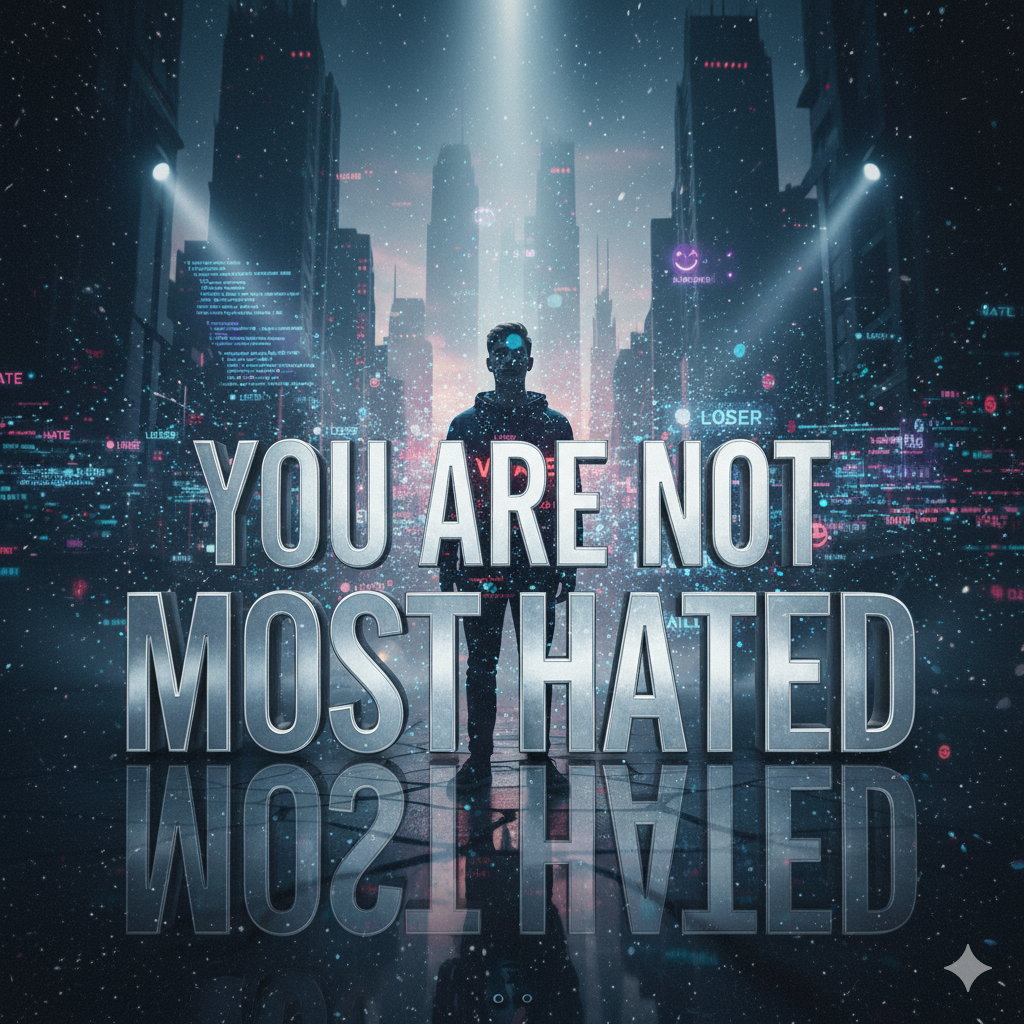Its easy to fall into the trap of believing the world is against you. Perhaps you’ve faced genuine criticism, been misunderstood, or even experienced direct malice. In an age of online anonymity and instant judgment, it can feel like everyone is just waiting for you to mess up, eager to pile on.For some, this feeling can morph into an identity: “I am the one everyone hates.” While it might seem like a way to cope, to steel yourself against further blows, embracing this narrative is a remarkably self-destructive path. It’s a journey that often leads to paranoia and, perhaps most insidiously, a deeply entrenched victim mentality.Let’s break down why this identity is a dangerous one to adopt.
The Slippery Slope to Paranoia
When you internalize the belief that you are hated, every interaction becomes tainted. A neutral comment is perceived as a veiled insult. A constructive suggestion is heard as a personal attack. Silence from others is interpreted as disdain.This constant vigilance for negativity creates a state of paranoia. You start to believe that people are talking about you behind your back, plotting your downfall, or actively trying to undermine you. Every glance, every hushed conversation, every slight delay in a response online or offline becomes ammunition for your belief system.
Eventually, this paranoia can isolate you. You push people away, convinced they secretly despise you, or you become so guarded that genuine connection is impossible. It’s a lonely existence, perpetually on the defensive against phantom enemies.
The Stealthy Onset of Victim Mentality
Perhaps the most damaging aspect of embracing “the hated one” as an identity is how it subtly but powerfully pushes you into a victim mentality. When you believe you are constantly targeted, you stop seeing yourself as an agent in your own life. Instead, you become a passive recipient of external malice.This mentality absolves you of responsibility. Why work to improve yourself if the problem is everyone else’s hatred? Why try to build bridges if everyone is just waiting to burn them down? It creates a convenient excuse for stagnation, for avoiding difficult truths, and for not taking accountability for your own actions and reactions.
It’s a self-fulfilling prophecy: by acting like a victim, you prevent yourself from growing, which can indeed lead to others disengaging, thus reinforcing your initial belief.
Breaking Free from the Narrative
Recognizing this pattern is the first crucial step. Here are some ways to begin dismantling this harmful identity:
Challenge Your Assumptions: When you feel targeted, pause and ask yourself: Is there another interpretation of this situation? Am I projecting my fears onto others?
Focus on Growth, Not Blame: Shift your energy from identifying who hates you to identifying areas where you can improve, learn, and contribute positively.
Seek Objective Feedback: Find trusted friends or mentors who can offer honest, balanced perspectives on your behavior and interactions.
Practice Self-Compassion: It’s okay to acknowledge when you’ve been hurt or treated unfairly, but don’t let those moments define your entire existence.
Reclaim Your Agency: Understand that you have the power to choose your reactions and shape your future, regardless of external opinions.
Life is challenging, and criticism is inevitable. But allowing perceived hatred to become your core identity is a profound disservice to yourself. It blinds you to genuine opportunities for connection, growth, and joy. Choose instead to build an identity around resilience, self-awareness, and the relentless pursuit of becoming your best self – not the one everyone supposedly hates.
